Table of Contents
In the quest to find effective ways to alleviate anxiety and stress, herbs stand out for their renowned calming property. In some societies, people consider herbs that help with anxiety as medicines, which are still practiced now. With the ever-increasing demand for herbs, scientists are eager to find the science behind them.
In this article, we’ll look at how the current evidence explains the idea of how people use herbs to calm the nervous system. Also, let’s explore how we use herbs to relax and the types of herbs for the nerve that could be used.
Step by step, let’s delve into the world of herbs.
7 herbs that help with anxiety: How do they work?
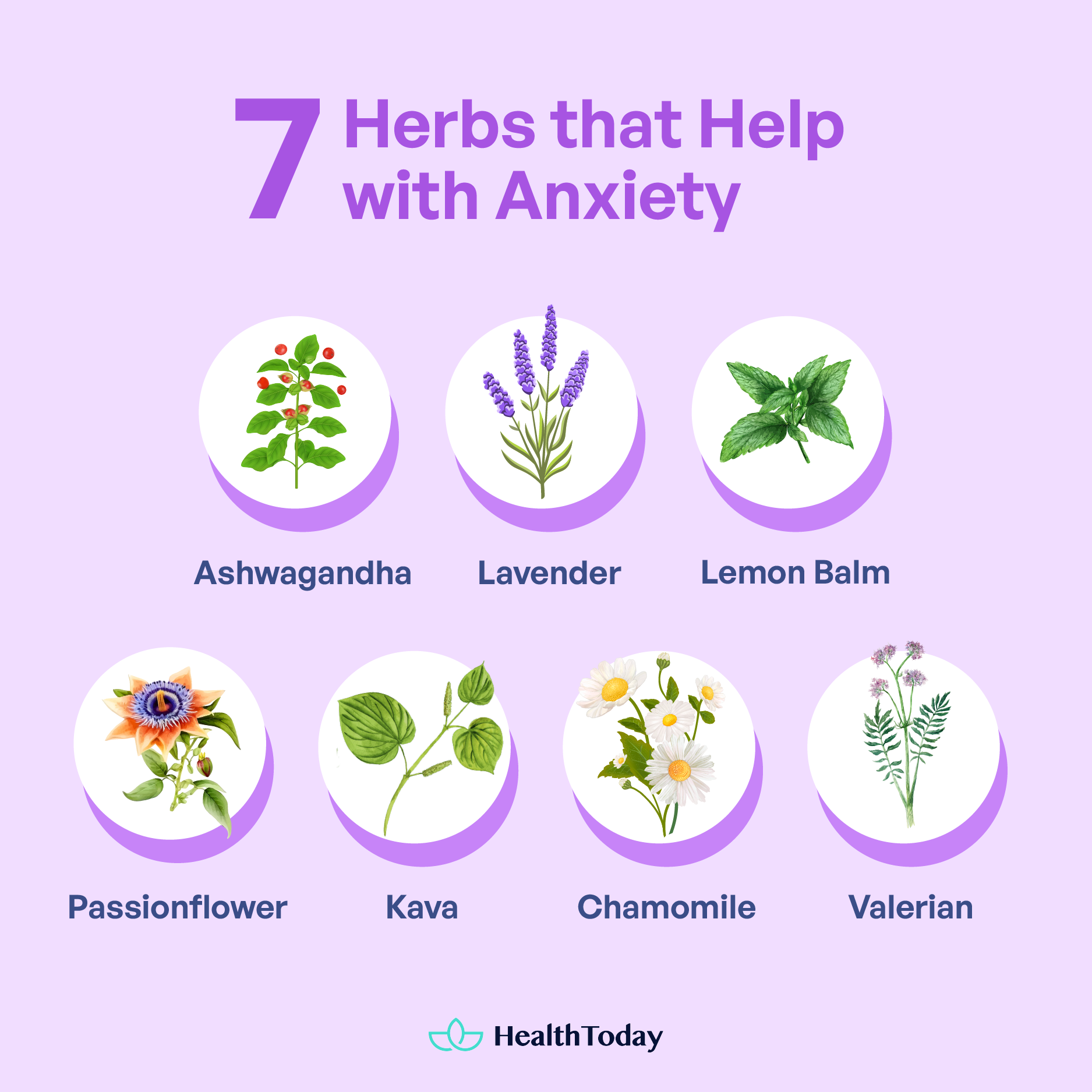
Herbal medicines in Chinese traditional medicine
Herbal medicine is a common ingredient and source of traditional medicines (1).
Herbal medicine has a long history of over 3000 years. However, the earliest herbal text known to the world was written over 2000 years ago in China. It was called The Devine Farmer’s Classic of Herbalism.
In ancient China, herbal medicine was a core part of the Chinese medicine system. Their wisdom of herbal medicine has been passed down through generations, but it’s fading nowadays.
Herbal medicines in modern society
Herbs are not only historically important for societies but also intriguing subjects for researchers. Studies have been conducted to discover the potential health benefits of the herbs. Anxiety is one of the heated discussions that researchers find intriguing.
What attracts their attention is the relationship between these herbs and GABA. This compound is an inhibitory neurotransmitter in the central nervous system, playing a major role in controlling different vigilance states; thus, it has become a key study target for anxiety and sleep disorders (2).
Evidence suggests that some common herbs, such as valerian, passionflower, lemon balm, lavender, and California poppy, have sedative and sleep-promoting properties. The mechanism of how they work is based on their interactions with various neurotransmitter systems in the brain, including GABA (3).
If you are interested in experiencing these herbs’ soothing effects, here are some common methods of using them:
- Capsules and tablets: passionflower, ashwagandha, kava, and chamomile
- Essential oils/massage oils: lavender, ashwagandha, lemon balm, and chamomile
- Skin care products: passionflower, lavender, and chamomile
- Supplement in weight loss diets: passionflower
- Tea: passionflower, ashwagandha, lemon balm, kava, and chamomile
- Culinary use: lavender, lemon balm, kava, and chamomile
7 herbs that help with anxiety
Ashwagandha
The root and the berries of Ashwagandha have long been considered essential medicine in Africa and India. Numerous studies show that it is beneficial in various situations, including lowering blood sugar (4), stopping the growth of cancer cells (5), and helping prevent the loss of brain function (6).
In 2012, one study reported that a high dose of ashwagandha root extract significantly reduced serum cortisol levels, the hormone released in stress response (7). A systematic review of human trials also reported that the intervention of ashwagandha resulted in greater improvements than a placebo on anxiety. (8)
In modern society, ashwagandha is often found in capsules and tablets, which makes it a dietary supplement that is quite accessible. It is also used as a medical product in the form of oil and cream, which can help alleviate joint pain and support muscles (9, 10).
Lavender
Lavender is often used as an essential oil or aromatherapy for its calming effects. The reason for its psychological effects lies in the olfactory bulb. According to experts, the olfactory bulb affects the limbic system associated with emotion and memory (11). When you smell the scent of lavender, receptors in your nasal passages detect the unique molecules within the fragrance. These receptors then transmit signals to the olfactory bulb in your brain, where the received information is processed and translated into a range of emotional and physiological reactions.
Another research found that lavender scent lowers anticipatory anxiety in dental patients (12). Recently, it has been reported that its effects are faster than the existing first-line medications, indicating promising results in using lavender as the treatment for anxiety disorders (11).
Lemon Balm
Lemon balm is often used for treating digestive issues, insomnia, and migraines. Studies have shown that lemon balm improves cognitive performance in acute treatment situations where a patient is treated for a brief but severe episode of illness (14, 15).
A preliminary study also found a correlation between lemon balm leaf extract and anxiety. Lemon balm leaf extract can reduce moderate anxiety levels significantly but might be ineffective during severe stressful situations (16).
Passionflower
Passionflower, or Passiflora incarnata, is a species of Passiflora. It’s often used in the food, cosmetic, and pharmaceutical industries. It has been proven to help alleviate mild anxiety symptoms without side effects (17, 18).
Passiflora incarnata, commonly called passionflower, is just one of over 600 recognized species within the diverse Passiflora genus. Their usage is applied in the food, cosmetic, and pharmaceutical industries. It has demonstrated its potential to effectively alleviate mild anxiety symptoms without significant side effects (17, 18).
Given the rich diversity of Passiflora species, many of which have yet to be thoroughly explored for their medicinal properties, further research is needed. This ongoing exploration can enhance herbal medicine’s diversity and potentially lead to safer, more effective treatments for various health concerns by researching the therapeutic potential of lesser-known species within the genus.
Kava
Kava is a shrub that is native to the islands of the Pacific Ocean. It’s often studied for its stress-relieving properties and benefits in reducing anxious feelings. Through its neurobiological activity, kava relaxes the body and thus helps us feel more at ease (19, 20, 21).
However, studies also show that kava is associated with severe liver damage (22). Though it may appear to be a strong potential treatment for anxiety-related issues in the short term, it is best to consult doctors when taking kava as a treatment.
Chamomile
Chamomile is often served on the table as an herbal tea; it’s also one of the oldest studied herbs. It is generally thought of as safe and effective in reducing symptoms of anxiety. A review study done in 2012 shows that chamomile provided anti-depressant activity compared to a placebo (23).
Studies also indicate that chamomile is beneficial for generalized anxiety disorders (GADs), enhancing sleep quality and alleviating insomnia, as well as a safe herb to use. (24, 25, 26)
However, regardless of the benefits listed above, people taking blood-thinner drugs should be careful not to consume chamomile because when consumed together, chamomile might lead to the risk of bleeding (27).
Valerian
Like chamomile, valerian is also an herbal supplement often used in tea. Though it is unknown what may be responsible for its sleep-promoting effects, people often use the root of valerian for their sleep problems. Hence, it is suggested not to take it along with alcohol or sedatives (28) to avoid potential problems.
Valerian extracts contain GABA in quantities sufficient to cause a sedative effect, but whether GABA can cross the blood-brain barrier to contribute to valerian’s sedative effects is yet not known, according to the health practitioner report on valerian by NIH (29). The medicinal properties of the valerian plant make it a potential treatment option for anxiety. One review study found that 100 -1,300 mg of valerian root may reduce anxiety symptoms (30). However, NCCIH notes that though the valerian root is considered safe for short-term use, the long-term effects are still unknown, especially for women during pregnancy or breastfeeding (31). This is true for many herbs as they simply have not been studied in women during these periods of their lives.
The above-listed seven common herbs that help anxiety–ashwagandha, lavender, lemon balm, passionflower, kava, chamomile, and valerian – show many positive benefits. But it’s always better to consult your doctor before taking any herb as a treatment for anxiety disorder. Some herbs may work with your medications, while some do not.
5 herbs to calm the nervous system
Herbs that nourish and support our central nervous systems are called nervines. Nervines are categorized based on their effects on the nervous system, which include Nervine Tonics, Nervine Relaxants, and Nervine Stimulants. However, some herbs can fall into multiple Nervines categories due to their various effects. In this part, we will focus on 5 herbs that have a calming effect on the nervous system.
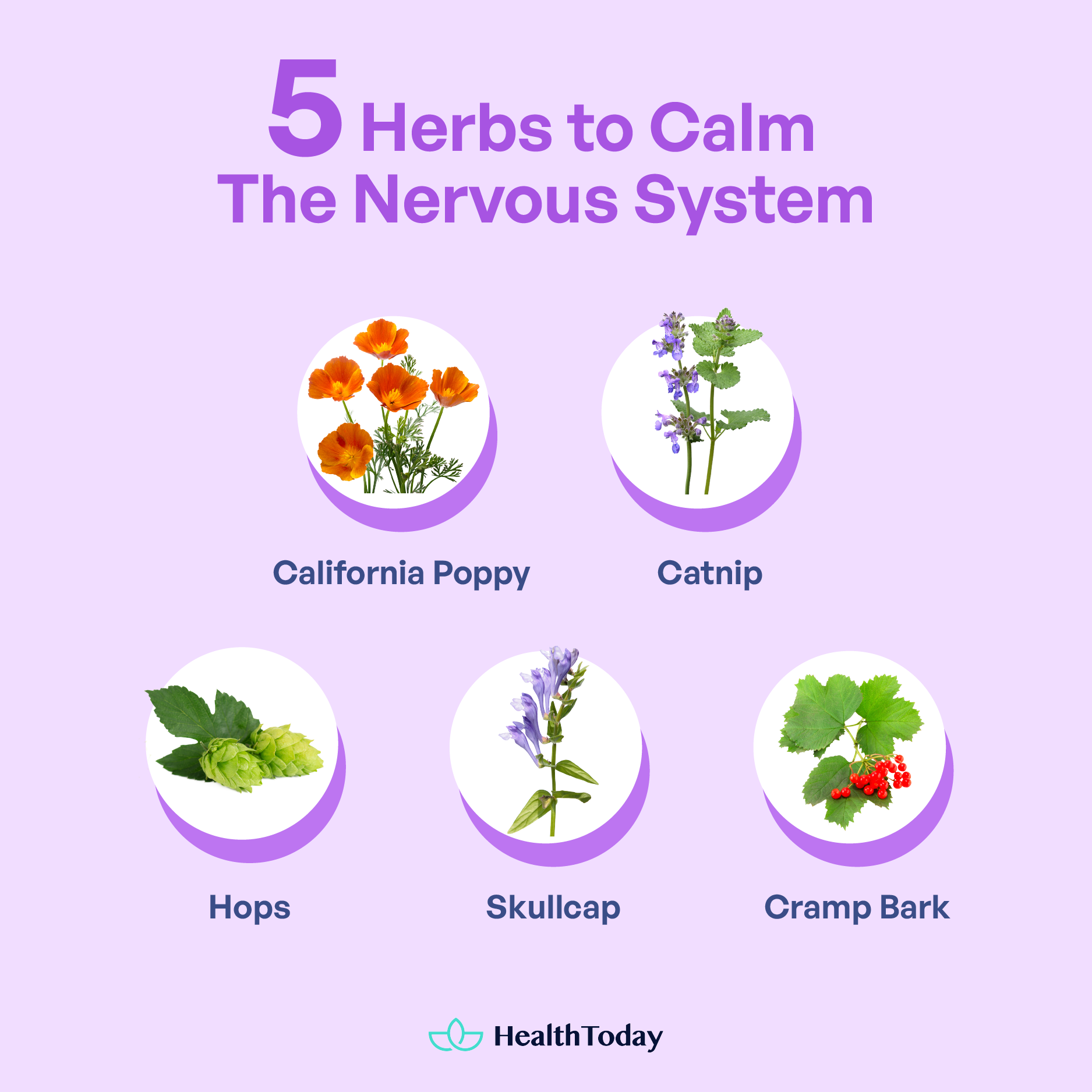
California Poppy
This official state flower of California has been used in Native American tribes as food and medicine for centuries. Natives of Mendocino County used a poultice of the fresh root for situations where they had toothaches and roasted the plant on hot stones for a vegetable. In some regions, they even placed the herb under children’s beds to help them sleep. Though this sounds more like a folklore tradition, a prospective study in 2020 showed that California poppy extract, combined with melatonin, vitamin B6, passionflower extract, and lemon balm extract, may be beneficial in mild-to-moderate insomnia (32).
California poppy contains plant compounds called alkaloids. The alkaloids called protopine and allocryptopine activate GABA receptors. According to the study, drugs or compounds that enhance GABA receptors have sedative effects, while those inhibiting GABA receptors have stimulative effects (33).
Catnip
Catnip is famous for its attractiveness for cats. But for humans, essential oils may be extracted from catnip leaves and applied to the skin or inhaled by smoking. It was consumed as a tea across Europe traditionally.
Research also found that catnip acts as a stress reliever and mood-booster. In one study, researchers reported that the sedative properties are from the components called monoterpene and nepetalactone. These are actually similar to the valepotriates found in valerian, a more commonly used herbal relaxant (34).
Hops
Hops is a common ingredient used for making beer. Although some claim that adding hops to our diet can improve overall health, including sleep disorders, cancer, and depression, the evidence is relatively limited.
One of the recent studies on hops was done in 2017. This study involves 36 healthy college students with self-reported mood disorders, including mild depression, anxiety, and stress, participating in a 4-week trial.
The result shows that compared to the placebo, daily consumption of hops dry extract significantly improved symptoms of mild depression, anxiety, and stress (35).
Skullcap
Skullcap is commonly seen growing in meadows or woods in the summer. When referring to skullcap, two common herbs should be clarified. One is an American skullcap, and the other is a Chinese Skullcap. Both are used to treat different conditions.
Different studies have shown that baicalin and baicalein compounds in American skullcaps play a role in anti-depression (36). The root of Chinese skullcap, known as Huang Qin in Asia, is a popular remedy in treating diarrhea, hypertension, insomnia, inflammation, and respiratory infections (37).
Cramp Bark
Cramp bark is a shrub with red berries and clusters of white flowers. Its dried bark has been used to treat period pain (38), and promote healthy kidney function (39). Research in 2014 also suggested that it can serve as an alternative medicine to treat insomnia and anxiety (40).
Yet, research on the relationship between anxiety and cramp bark is still limited. Modern medicine needs more evidence to confirm whether it is a suitable treatment for anxiety in the long run. However, herbalists continue to use this herb because of its long tradition of effective use.
Common sedating herbs like California poppy, catnip, hops, skullcap, and cramp bark offer a rich history of relaxation and balance, providing hope for a calm and harmonious life.
Summary
Herbs have a long history of treating disease. For people nowadays, herbs may come in handy when trying to relieve stress in their daily lives. They are also more economical and time-saving to ease anxious feelings when the schedule is tight.
In this article, we briefly mention common herbs that help with anxiety and list some proven herbs that positively impact the nervous system. It’s important to learn as much as you can when considering taking herbs as medicine or treatment. Always remember that a trained herbalist is a welcome guide, and when you are currently being treated for conditions, check with your medical professional as well.






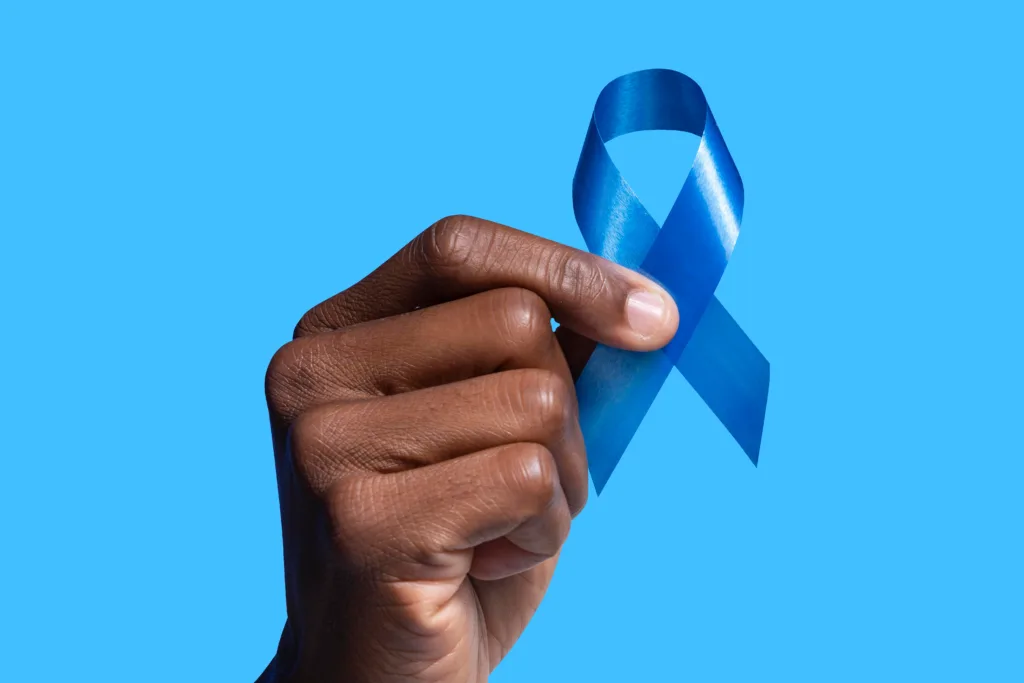

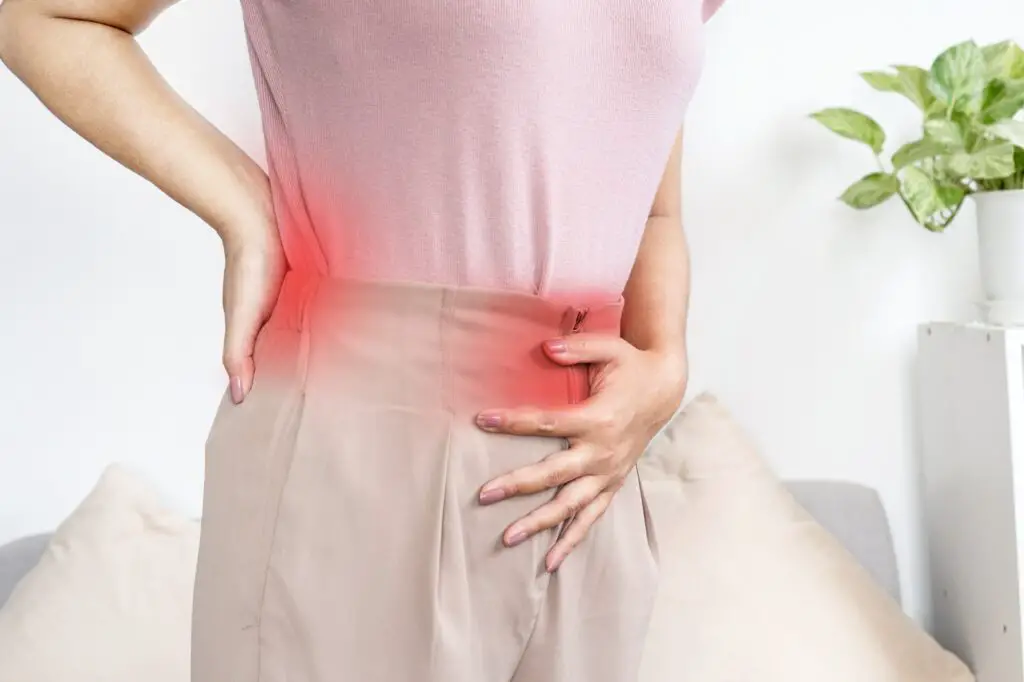
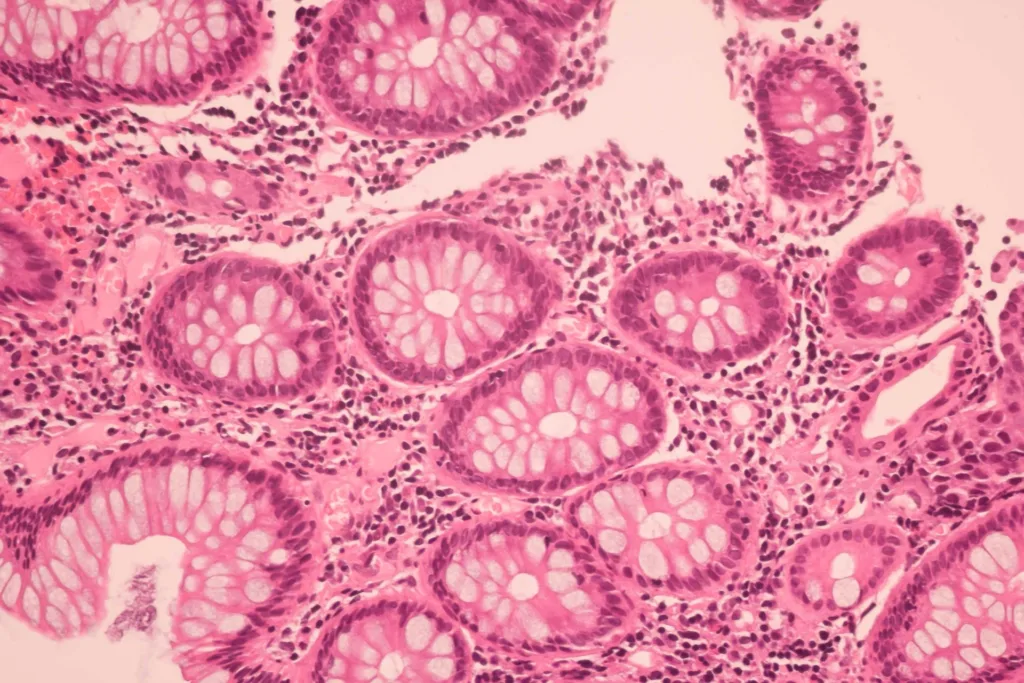
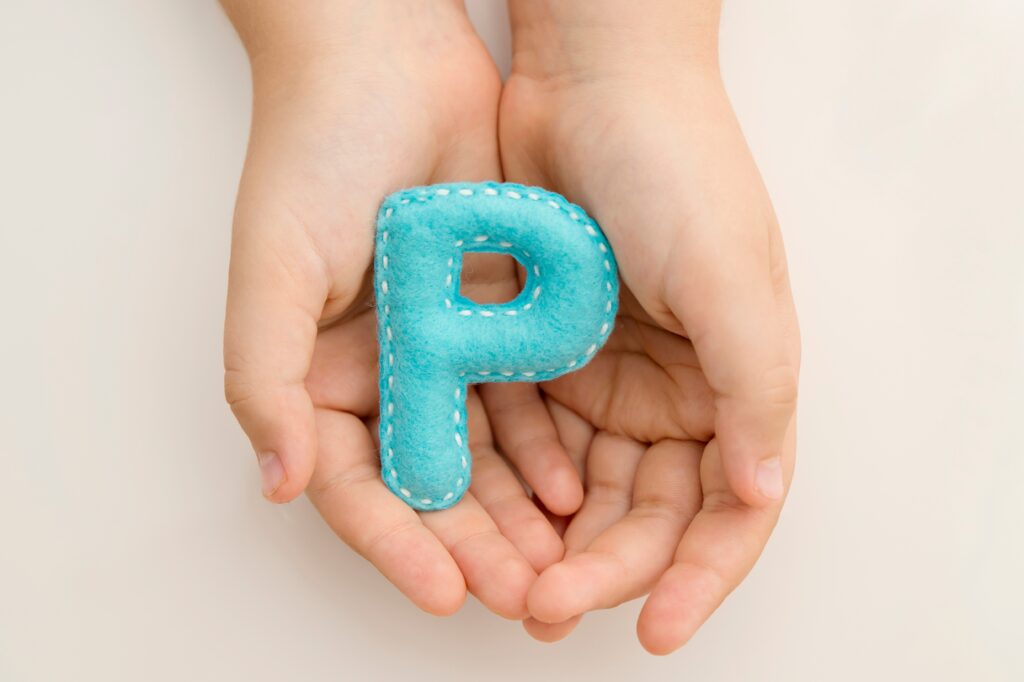
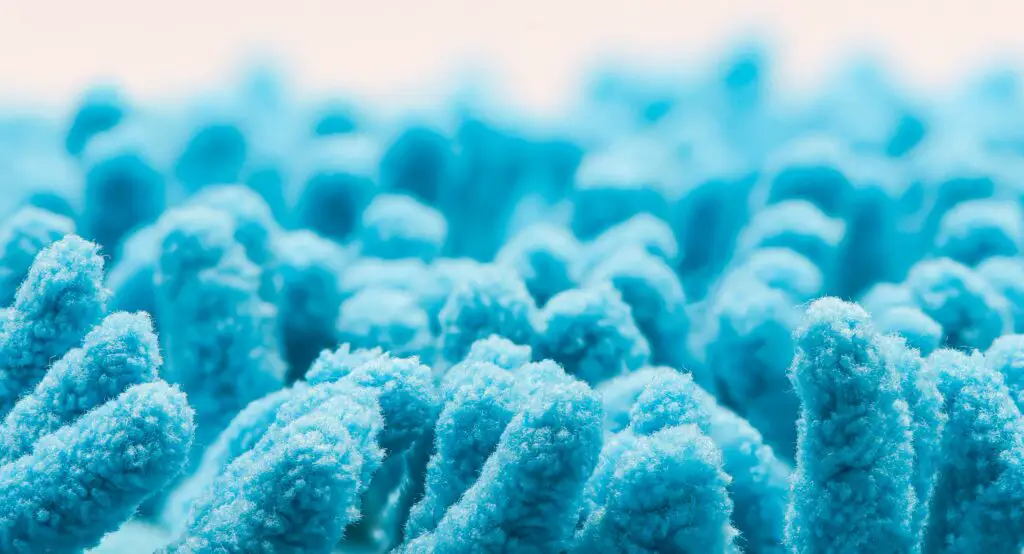
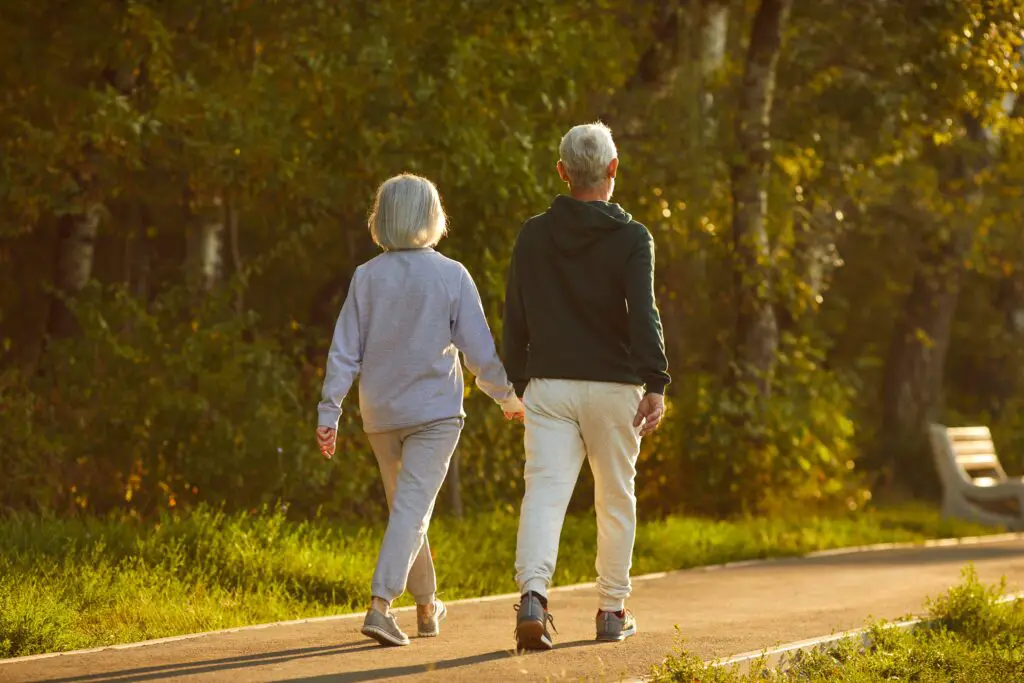

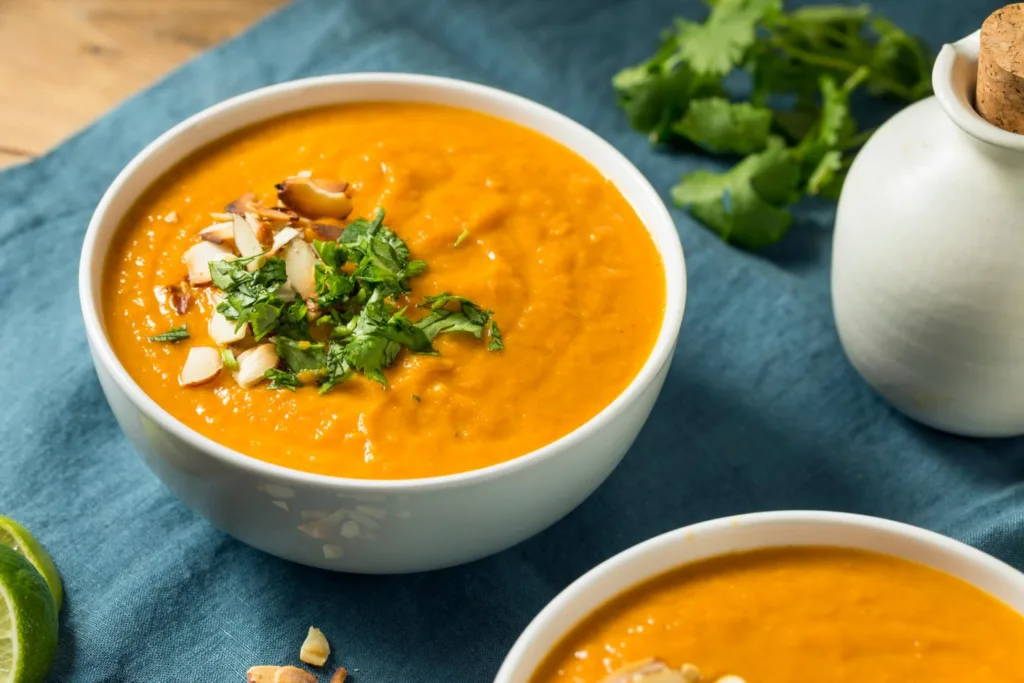
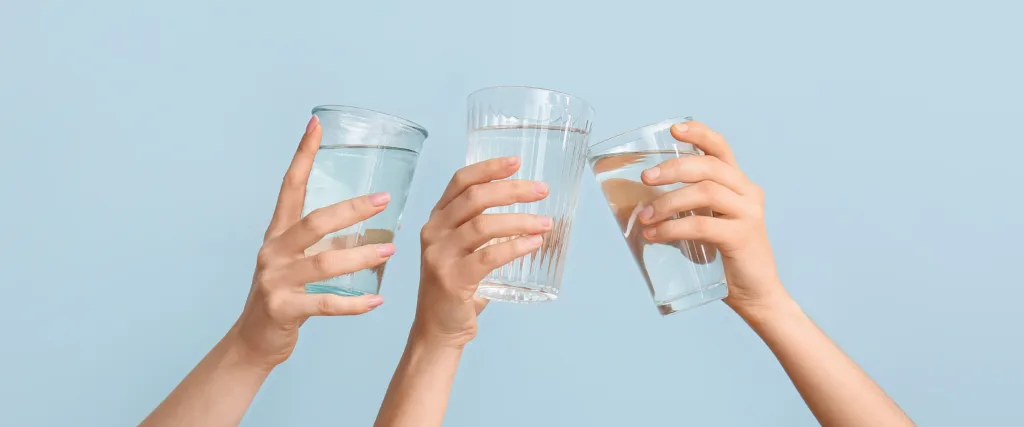
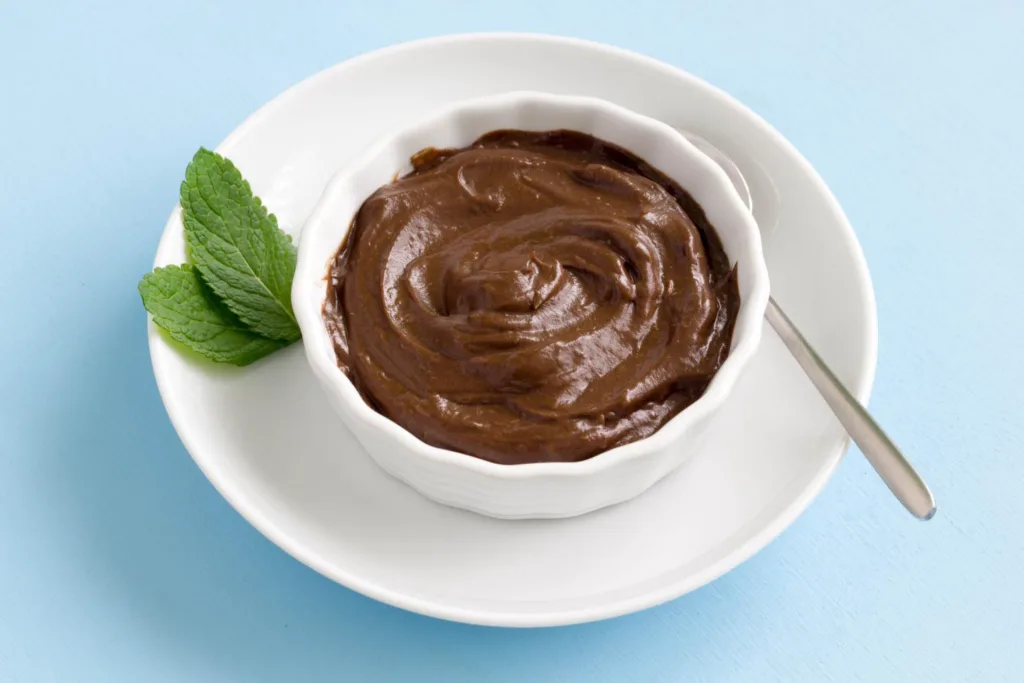
Comments
0